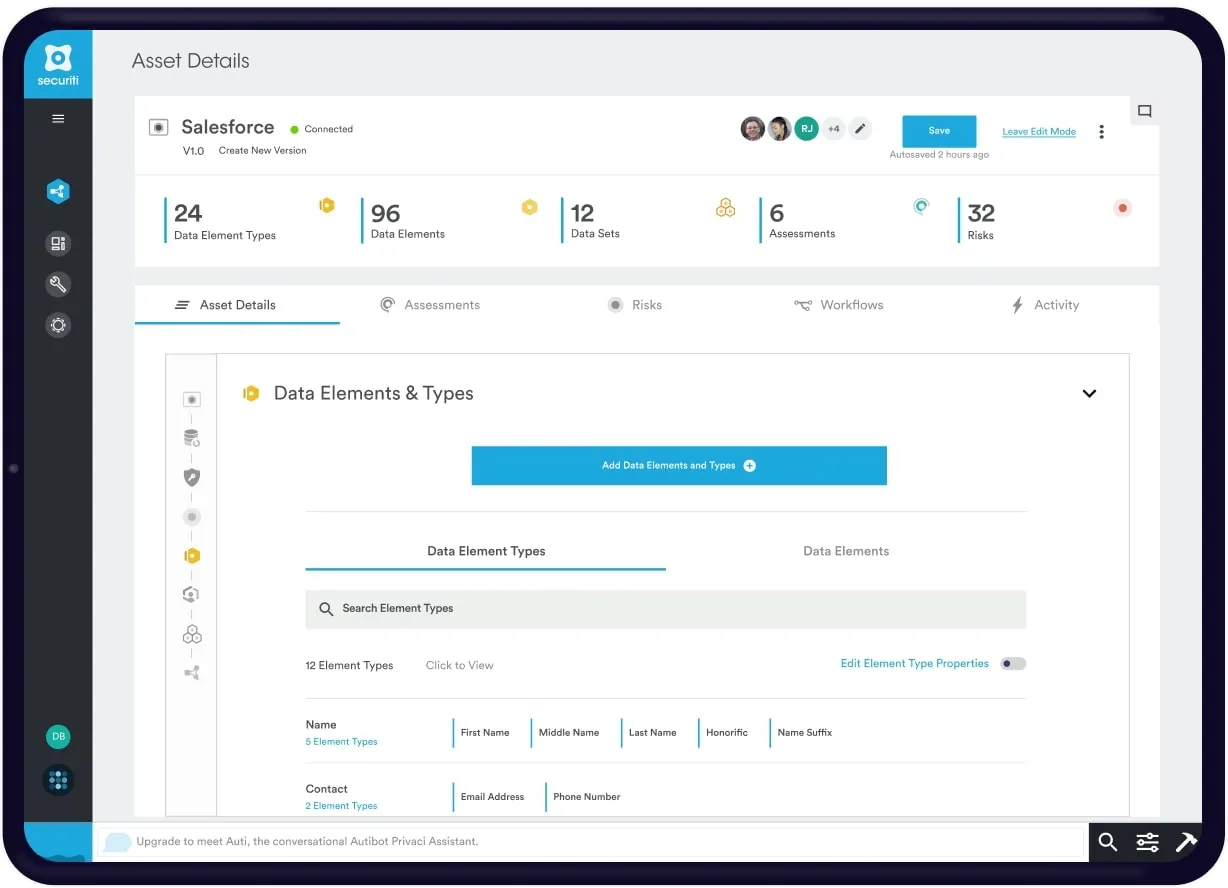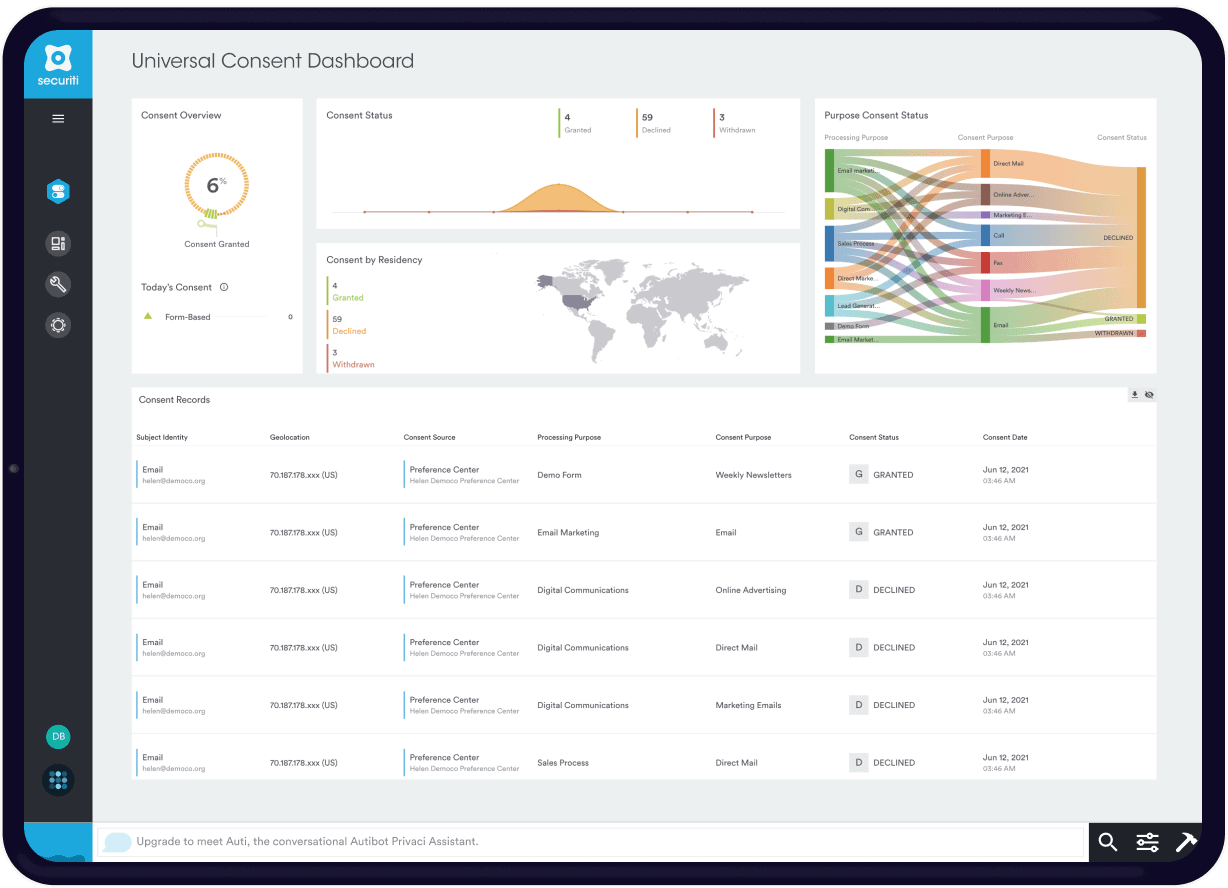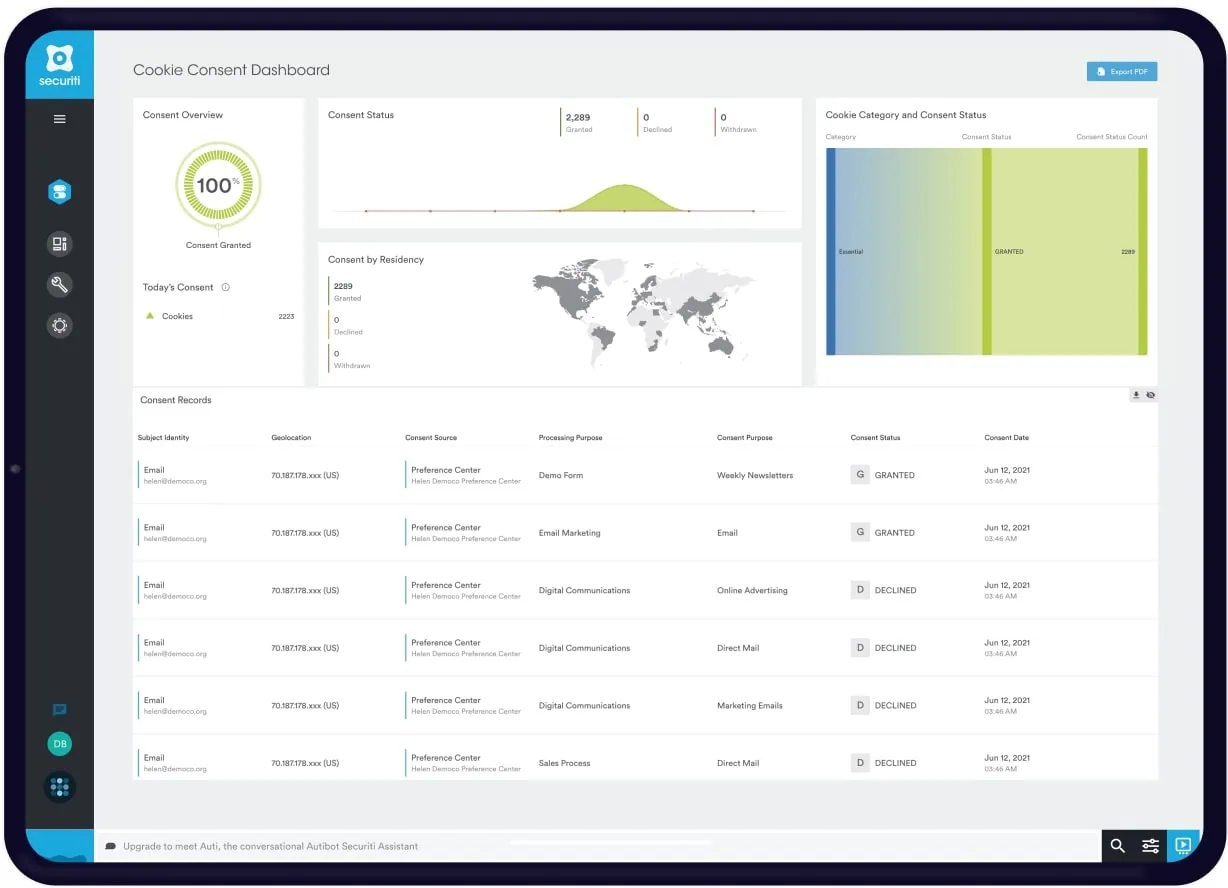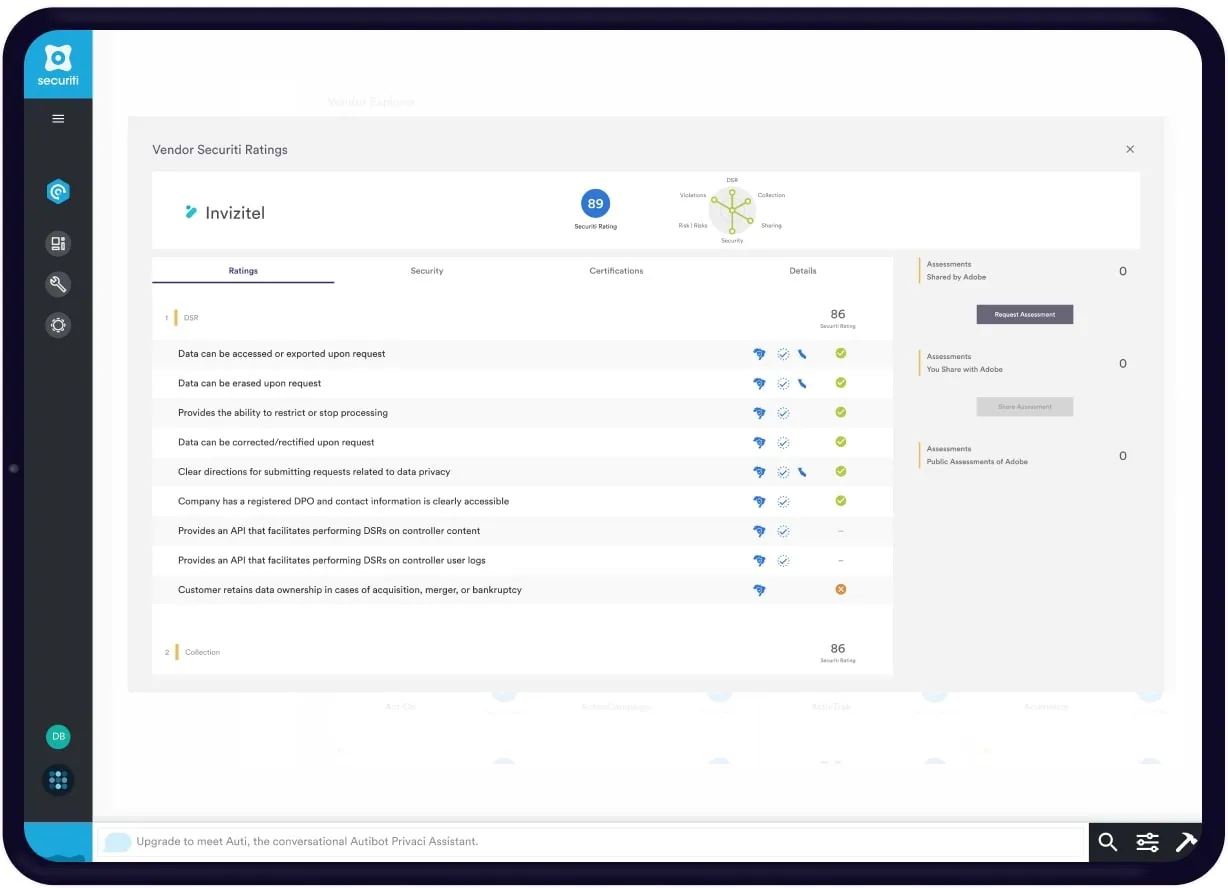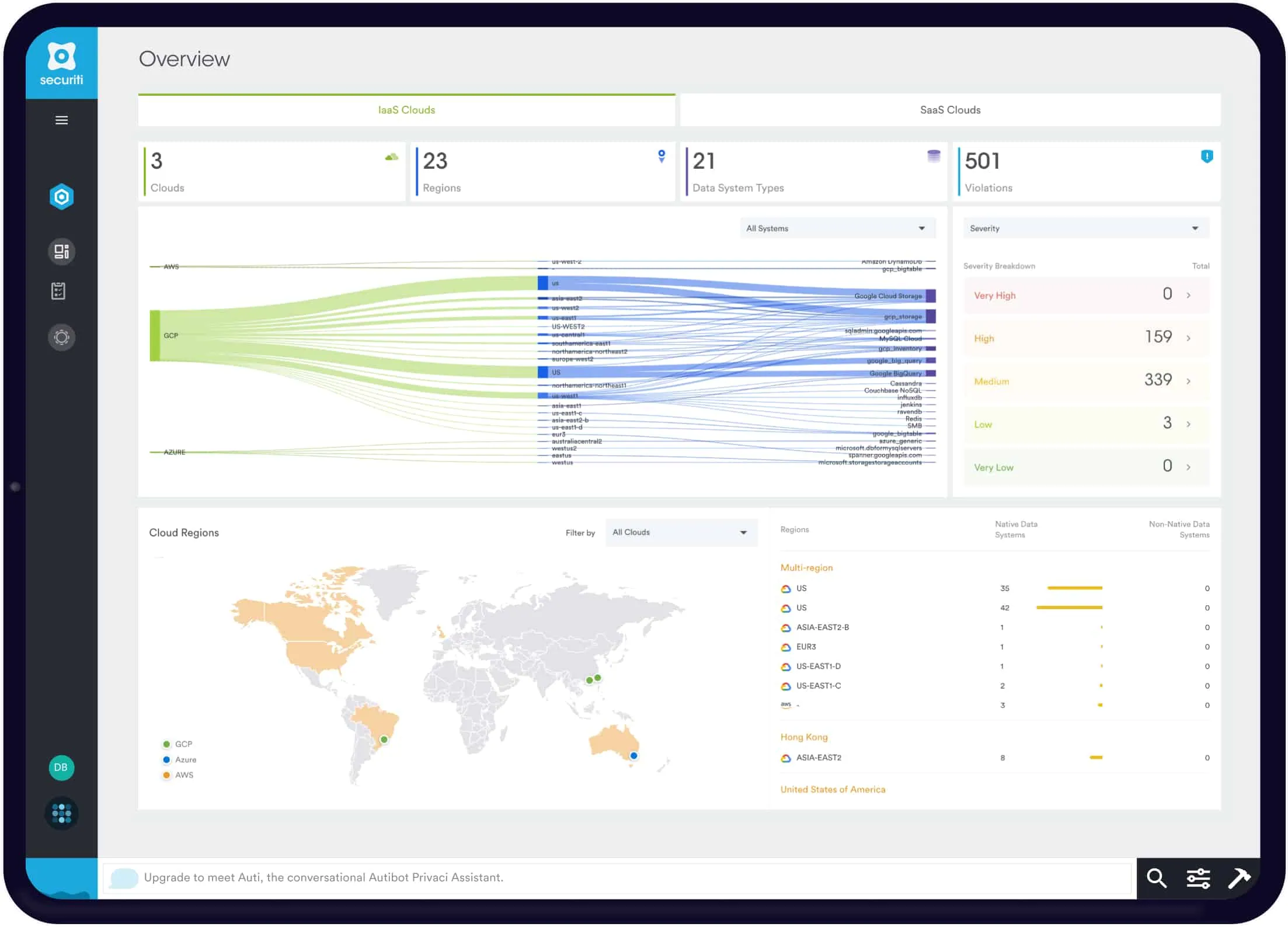Vietnam’s Law on Information Technology No. 67/2006/QH11 (“IT Law”) was enacted in 2006. The law aims to regulate IT use, development, and management in Vietnam. The law comprises six chapters and 79 articles covering various aspects of IT, including electronic transactions, data protection, intellectual property rights, and cybercrime.
The law applies to all activities related to developing, managing, and using IT within Vietnam, including hardware, software, networks, and services.
The law is based on several principles, including encouraging the development and use of a legal IT framework to promote economic and social development in all sectors of society, including government, business, culture, defense, and education; ensuring the security, safety, and confidentiality of, communications, IT systems, and networks; protecting intellectual property rights and the interests and rights of individuals and organizations using IT; preventing and combating cybercrime; developing a skilled workforce in the field of IT; and promoting international cooperation and exchange in the field of IT.
The law also deals with intellectual property rights related to IT, including copyright, patents, and trademarks, and protects software, databases, and other digital content. The law also addresses cybersecurity, including provisions on network security, information security, and cybercrime prevention. It imposes criminal penalties for offenses such as hacking, spreading viruses, and using IT to commit fraud.



